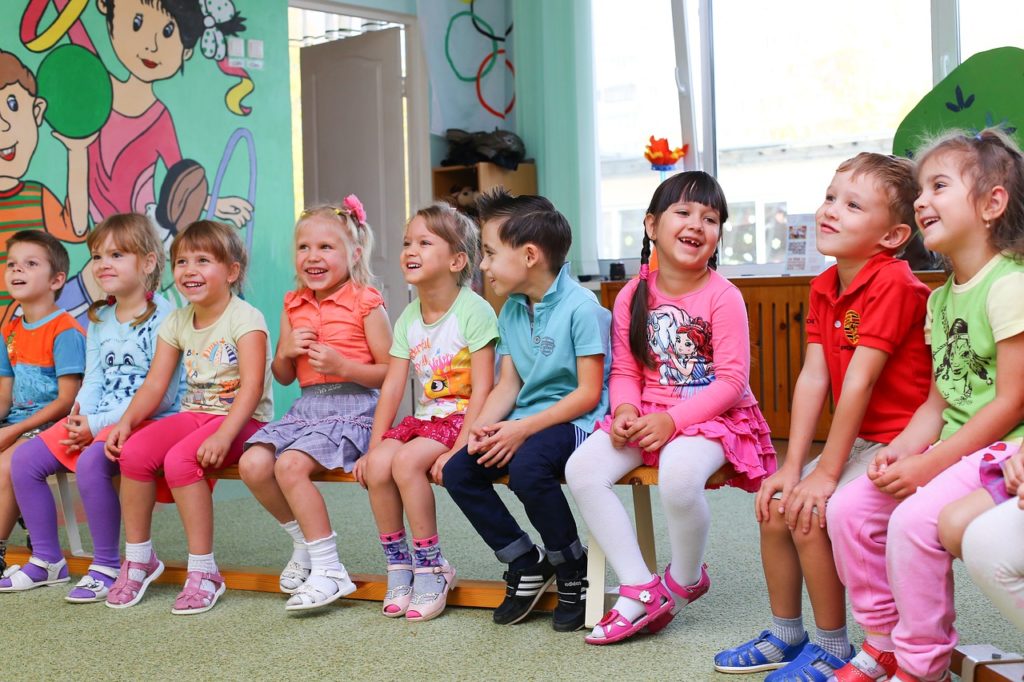
When it comes to Kindergarten, curiosity abounds in the students. They are just beginning to think of fashion, science, art, peers, and the greater world beyond their homes. To make it a healthy transition to school, parents and teachers should begin to help Kindergarten children develop their frontal lobe thinking. The following is a list of higher order thinking questions for Kindergarten students as well as accompanying explanations as to why these queries are important:
- Should I have one best friend, a group of friends, or be friends with everyone in my class?
This is important because in previous generations, parents and teachers just let bullying abound in schools. It was a hot pot for later segregation that the deemed losers would feel. The cool kids, on the other hand, really got away with everything.
Social integration is a skill Kindergarten kids should develop. They should be encouraged to go with what their preference is. If the child is an introvert, then having just one best friend is likely. Those who love being social butterflies will of course, have a wider circle. Make sure you also teach children not to exclude kids that are different. And if a kid does bad things, that they should tell the teacher. Some children will have oppositional defiance disorder, so encouraging kids to hang out with the bad apples is not always right.
- How Focused Should I Be on Play in the Classroom?
Kindergarten is all about learning but tricking the children that they are still playing. A lifelong attitude of play-work can be developed by telling kids it’s fun to learn. You can encourage parents to volunteer in the classroom as well. This will help them see that focussing on school is good. You should always tell your kids that they are entering a new phase of their lives that is exciting. They will find out about themselves in the process.
- Does What People Look Like Matter?
Children are just starting to notice fashion in school at this age. They also note things like glasses. They even begin to develop perceptions of others’ weight and other physical markers. You must ensure to tell your children that looks don’t matter at all in the grand scheme of things. You can tell them that what counts is what is inside. Encourage them to look for the inner treasures in others. One way of doing this is to get students to write out compliments to others and deposit them in their cubbies. Or you can have an envelope at the side of each desk. You should tell students that they have to find a new person to compliment every day. You can print them off checklists so they can all keep count. This is a great exercise because it teaches them to really look for the good in others.
Kindergarten children have the unique opportunity to start thinking on a broader level. By teaching them to have a good attitude about learning and others, you will set them on track for their academic path.
